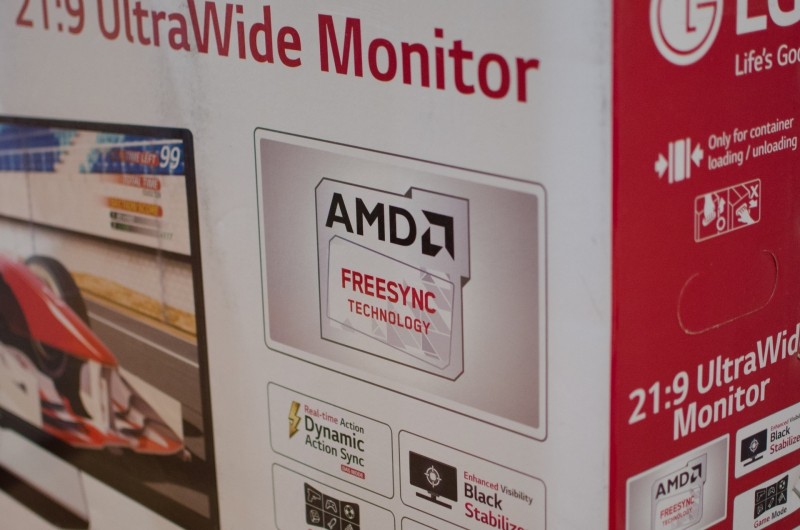
Intel's Chief Graphics Software Architect David Blythe has confirmed to The Tech Report that the company will support the VESA Adaptive Sync standard in its products at some point in the future. This would allow PCs powered solely by Intel processors to reap the benefits of variable refresh displays.
While Blythe said that Intel does plan to support the optional Adaptive Sync extension of the DisplayPort standard, there is no timeframe for when this support will be integrated into its products. There is a good chance that new hardware will be required for variable refresh on Intel CPUs, so support could still be several generations away.
However if Intel does eventually integrate Adaptive Sync support into their products, Intel users will be able to use the variable refresh capabilities of the entire range of FreeSync monitors already on the market. FreeSync is essentially AMD's marketing term for the VESA Adaptive Sync standard, which is already supported in their latest GPUs and drivers.
Intel has quite a lot to gain from supporting Adaptive Sync. The company's integrated GPUs tend to be adequate enough for light gaming, but they're not particularly powerful, so it's often difficult to achieve solid or consistent frame rates. Adding support for Adaptive Sync would make gaming at lower frame rates much more palatable.
On the other hand, if Intel decides to support Adaptive Sync, it may spell the end for Nvidia's competing technology, G-Sync. G-Sync essentially provides the same benefits as Adaptive Sync, but the technology is proprietary, requires a dedicated chip in most situations, and is more expensive to implement.
If Adaptive Sync displays become more widespread and more widely supported, Nvidia may have to concede defeat and ditch G-Sync in favor of the VESA standard.